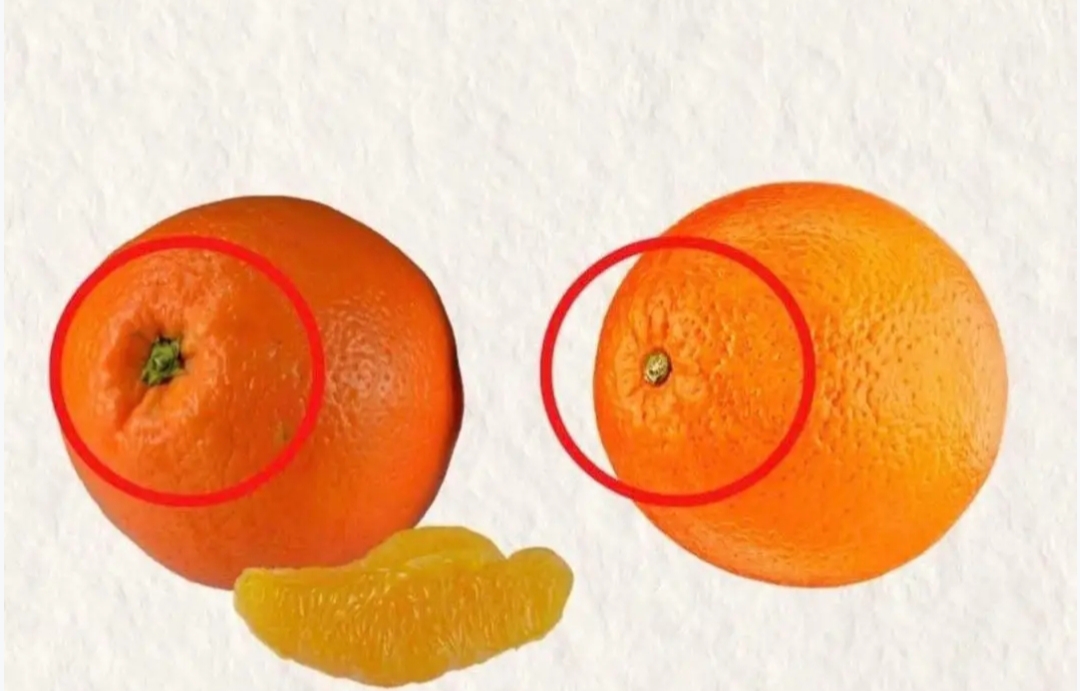The taste of oranges can vary for several reasons, including:
Variety: Different types of oranges (e.g., navel, Valencia, blood oranges) have distinct flavors and sweetness levels. Some varieties are naturally sweeter, while others may be more tart or bitter.
Ripeness: Oranges that are not fully ripe can taste bitter or sour. Conversely, overripe oranges can become dry and lose flavor. The best flavor typically comes from oranges that are ripe but not overly so.
Growing Conditions: Factors such as soil quality, climate, and weather patterns during the growing season can affect the sweetness and juiciness of oranges. For instance, oranges grown in regions with well-drained soil and ample sunlight tend to be sweeter.
Harvest Time: Oranges harvested at the right time are likely to be more flavorful. If they are picked too early, they may not have developed their full sweetness.
Storage and Handling: Oranges that have been stored improperly or for too long can lose their flavor and texture. Exposure to ethylene gas (from other ripening fruits) can also affect their taste.
Tips for Choosing the Best Oranges
Look for Firmness: Choose oranges that feel heavy for their size and are firm to the touch. This usually indicates juiciness.
Check the Skin: The skin should be relatively smooth and free from blemishes or soft spots. A slightly dimpled skin can indicate juiciness.
Color: While color can vary by variety, a vibrant orange color generally indicates ripeness. Avoid oranges that are greenish or have dull spots.
Smell: A sweet, citrusy aroma is a good sign of flavor. If an orange has little to no smell, it may not be ripe.
Season: Oranges are typically in season from winter to early spring. Buying them in season often ensures better taste and quality.
By considering these factors, you can increase your chances of selecting flavorful

